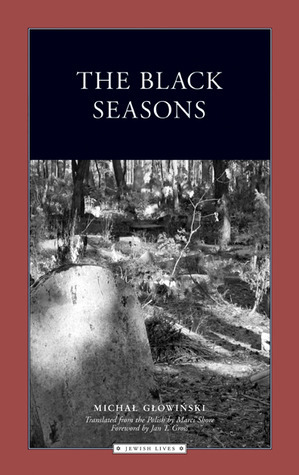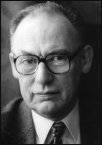
A mosaic of memories from a childhood in the Warsaw Ghetto and a life in hiding on the other side of the wall When six-year-old Michal Glowinski first heard the adults around him speak of the ghetto, he understood only that the word was connected with moving-and conjured up a fantastical image of a many-storied carriage pulled through the streets by some umpteen horses. He was soon to learn that the ghetto was something else entirely. A half-century later, Glowinski, now an eminent Polish literary scholar, leads us haltingly into Nazi-occupied Poland. Scrupulously attentive to the distance between a child's experience and an adult's reflection, Glowinski revisits the images and episodes of his the emaciated violinist playing a Mendelssohn concerto on the ghetto streets; his game of chess with a Polish blackmailer threatening to deliver him to the Gestapo; and his eventual rescue by Catholic nuns in an impoverished, distant convent. In language at once spare and eloquent, Glowinski explores the horror of those years, the fragility of existence, and the fragmented nature of memory itself.
Author

One of kids saved by Irena Sendlerowa from ghetto in Warsaw during the Second World War. Profesor of literature, well known from his articles about newspeak. His studies are mainly focused on contemporary literature. In 2010 he published his autobiography in which he revealed his homosexual orientation.